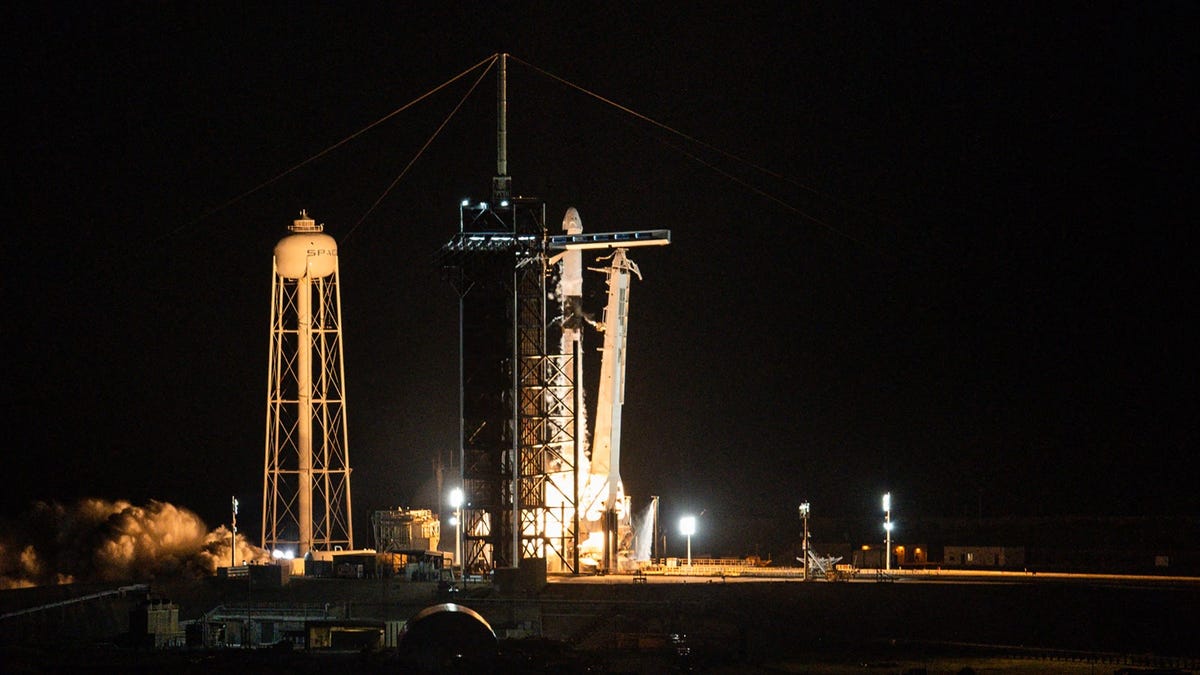

In a recent study conducted by scientists at University College London (UCL), it has been revealed that long-duration space travel can have a significant impact on the structure of astronauts' kidneys, which could jeopardize future missions to Mars [110978b0]. The study analyzed samples from over 40 space missions and found that the kidneys of astronauts undergo remodeling and show signs of shrinkage after less than a month in space. This is believed to be a result of the microgravity and galactic radiation that astronauts are exposed to during space flight. These findings highlight the serious health risks that can emerge over time for astronauts on long-duration missions [110978b0].
The implications of kidney shrinkage for future missions to Mars are significant. As the prospect of human missions to the Red Planet becomes more feasible, it is crucial to understand and address the potential health risks associated with long-duration space travel. Kidney function is essential for maintaining overall health and well-being, and any impairment in kidney function could have serious consequences for astronauts during their missions. Measures to protect the kidneys and methods of recovery, such as the development of dialysis machines specifically designed for space travel, may need to be considered and implemented to ensure the health and safety of astronauts on future missions to Mars.
This research adds to the growing body of knowledge regarding the physiological effects of space travel on the human body. Previous studies have highlighted various health risks associated with long-duration space missions, including bone loss, muscle atrophy, cardiovascular changes, and immune system dysfunction. The findings from this study further emphasize the need for comprehensive medical monitoring and countermeasures to mitigate the potential health risks faced by astronauts during space travel [110978b0].
In addition to the impact on kidney health, a recent study has found that space travel can also have detrimental effects on brain function. The study, conducted on four privateer astronauts aboard the 2021 Inspiration4 mission, revealed declines in cognitive tests and the ability to focus and maintain attention in space compared to on the ground [ed1fa4b7]. This suggests that space travel can affect cognitive abilities.
Furthermore, the study found that space travel can also impact the immune system and physical condition of astronauts. The astronauts on the Inspiration4 mission experienced stressed immune systems and genetic changes within their cells. Kidney function was also affected, making the formation of kidney stones more likely. Additionally, genetic markers that indicate age were enlarged, making individuals appear genetically younger in space [ed1fa4b7].
These findings have significant implications for future space missions and the design of next-generation space stations. Understanding the impact of space travel on brain function, immune system, and physical condition is crucial for developing alerts and control manuals for space missions and ensuring the health and well-being of astronauts [ed1fa4b7].